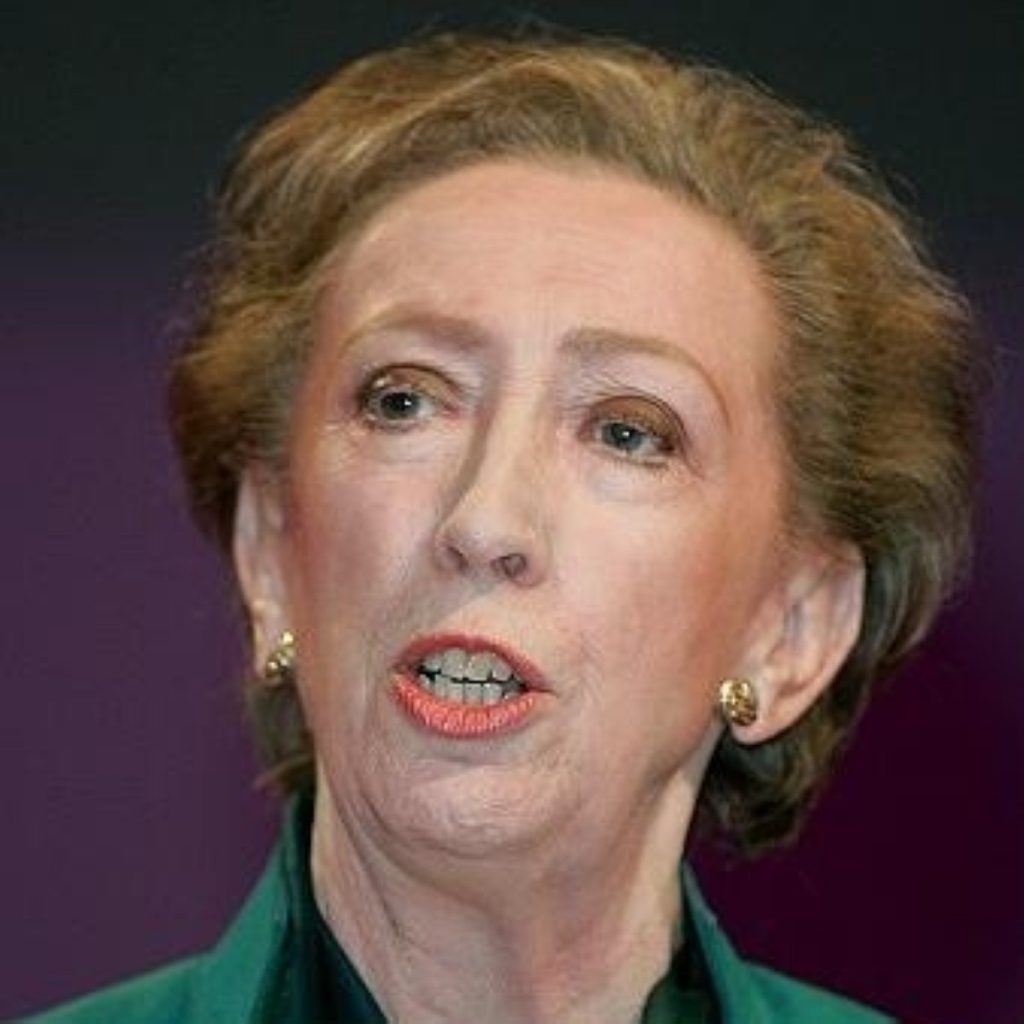Climate change ‘serious threat to global security’
Climate change is a “serious threat to international security” and must be tackled with diplomacy and global cooperation, Margaret Beckett has warned.
The foreign secretary said global warming was a major cause of instability across the world and must not be dealt with using guns and tanks, but through dialogue and the sharing of new technologies between developed and developing countries.
“What should concern us here in the foreign policy community is that an unstable climate will place huge additional strain on these tensions which we spend our time trying to resolve,” Ms Beckett told an audience in Berlin.
She warned that when people were faced with the stresses of overpopulation, including a lack of key resources such as water, energy and food, “so we see the slide down the spectrum from stability to instability”.


A global temperature increase of just two or three per cent would cut the crop yields in Africa, the Middle East and south Asia by up to 40 per cent, causing millions of people to be denied food even more than they are now.
Similar problems could be seen with water shortages, she said, and climate change also affected issues such as immigration. A 50cm rise in sea levels would displace two million people in Egypt and a rise of one metre would displace 25 million in Bangladesh.
“In short, a failing climate means more failed states. And that has implications for everything we want to achieve from conflict prevention and resolution to counter-terrorism,” Ms Beckett said.
“By tackling climate change we can help address the underlying securities that feed and exacerbate conflicts and instability. By ignoring it we resign ourselves to the same crises flaring up again and again. And new ones emerging.”
She said the world was on the verge of “global irresponsibility of a massive and irreversible scale” by refusing to tackle climate change, but warned: “The greatest security threat we face as a global community won’t be met by guns and tanks.
“It will be solved by investment in the emerging techniques of soft power – building avenues of trust and opportunity that will lead to a low-carbon economy. There is no backstop – politics and diplomacy have to work.”
Last week, EU leaders met in Finland to discuss energy security, where they affirmed their commitment to tackling climate change. Prior to the meeting, Tony Blair warned the world was close to a “catastrophic tipping point” on global warming.
Responding to Ms Beckett’s speech today, shadow foreign secretary William Hague said: “Whether we live in the developed or developing world, climate change is with us to stay. It is a challenge that threatens the very sustainability of our life on this planet.”
But although all governments must look at how to tackle the problem, Mr Hague warned developed countries must lead the way. Noting that carbon emissions continue to rise in the UK, he warned: “Rhetoric and speeches are not enough. Action is required.”









